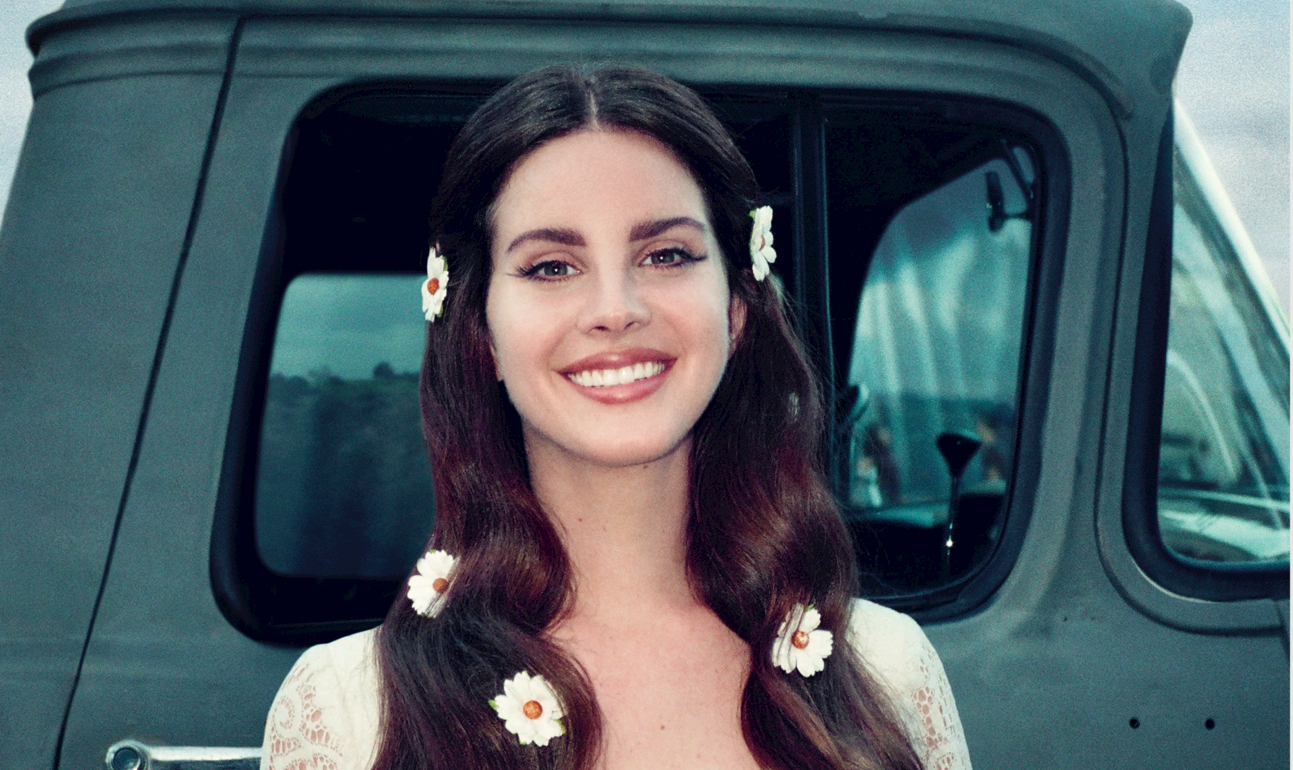I have some bad news for you: the world’s a pretty messed up place. I know, I hate to be the one to tell you this, but it’s true. International tensions are high, there are ongoing refugee crises, human trafficking rings are a thing, millions of people may soon lose their healthcare, and racism, sexism, and countless other forms of discrimination still exist. It’s easy to take this knowledge and be bogged down, consumed in the misery and pain that have followed the human race for our entire existence. But that’s not all there is in the world. While you were reading this, numerous new lives were brought into this world, the faces of our future. People got married while you were reading this, and strangers stopped to help someone who had fallen over or needed a bit of work on their car. There’s pain and suffering in the world, yes, but there’s also kindness. There’s love and hope that are always here. On past albums, Lana Del Rey has sung of love and touched on hope, but on her fifth album, Lust For Life, she fully embraces the power of the two to create a truly spectacular record.
This is evident immediately, as the album’s first two tracks are also its first two singles, “Love” and “Lust For Life.” Shades of “Young and Beautiful” carry through in the orchestral largeness of the chorus on “Love” as Del Rey sings of the wonderful ability of affection to give life purpose. It’s an ode to those summer romances where nothing else matters because what else can matter when love has taken a grip on your heart? Meanwhile, The Weeknd delivers his expert crooning to a duet on “Lust For Life,” where the lust the two share for each other is mirrored only by the titular emotion.
The first half of the album (which never feels as long as its 16 song and 72 minute runtime suggests it might) remains largely personal with Del Rey focusing on her own flings and experience with the usual expertise she brings. A highlight of this section is the dreamy piano-assisted track “White Mustang” about one of Del Rey’s loves that lives as fast as the sleek and speedy vehicle and features one of the best uses of whistling on a track in recent memory. “Summer Bummer” and “Groupie Love” receive assists from Playboi Carti on the first track and “National Anthem” video star A$AP Rocky on both. “Summer Bummer” has the trio delivering the best harmonies and is the more hip-hip influenced track, whereas “Groupie Love” is more of a traditional ballad of Del Rey’s love of a fellow musician, and if forced to pick, Rocky’s verse here comes out ahead of Carti’s verse on “Summer Bummer.” The first half wraps on “In My Feelings,” which is Del Rey at her venomous best as she lovingly tears apart an asshole ex. It’s also a top five song title of 2017.
It’s the second half of Lust For Life that expands Del Rey’s scope to a global scale. “God Bless America – And All The Beautiful Women In It” is a slice of Americana with an acoustic guitar intro and a reverent hook, and serves as a song of solidarity and support for the scores of women who have toiled and are currently toiling to ensure that they and future generations are heard and protected. “May you stand proud and strong like Lady Liberty shining all night long,” Del Rey encourages them, taking the classic American image of the Stature of Liberty and turning it into a rallying cry for women everywhere. The good and true queen-of-all-that-is-excellent, Stevie Nicks, makes an appearance on “Beautiful People Beautiful Problems” to sing of the trivial issues that we concern ourselves with as the world suffers, and Nicks’ lyrics and the instrumental hearken back to working class music of the 1970s. One of the most earnest tracks on the record comes in “Tomorrow Never Came,” a duet with Sean Ono Lennon. The track was clearly influenced both musically and lyrically by Ono Lennon’s parents, who despite their many flaws were legitimate advocates for worldwide peace.
Del Rey isn’t naive, of course, and there are still hints of darkness that peek through. Gunshots ring out during the chorus of “God Bless America,” a sound that’s all too common across the United States. While never name dropping him specifically, it’s hard not to listen to the dark throes of “Heroin” as at least a partial tribute to the late Lou Reed, whom Del Rey has a well-documented appreciation for.
While these quick moments of darkness are there, the light on the album shines stronger. “Change” is just Del Rey and a piano as she muses of the ability of people to change for the better, to decide to care about something outside of themselves, and of the healing power of that truth. For Del Rey, who has made a habit of letting us into her deepest thoughts, it might be her most affecting, revealing, and emotional track to date. Album closer “Get Free” is similar, but returns to Del Rey’s personal journey of change toward hope and an instrumental more in line with her past work.
On “When the World Was at War We Kept Dancing,” Del Rey briefly wavers in her newfound belief. “Is it the end of an era? Is it the end of America?” she worries. No, she decides. She recalls that during the biggest and worst wars in human history, the people kept dancing. That seems absurd, doesn’t it? Suffering, hunger, pain, and death exist without end, and all we do is dance? But it’s not absurd; it’s all we can do. We stare evil and darkness in the face and we tell it “No.” We fight, and we claw for progress, we try to be good to each other, and despite all there is to mourn for, we dance because we know that in this world there will always be good and love and hope. Lana Del Rey fully understands this, and it makes Lust For Life some of the best music she’s ever made.













